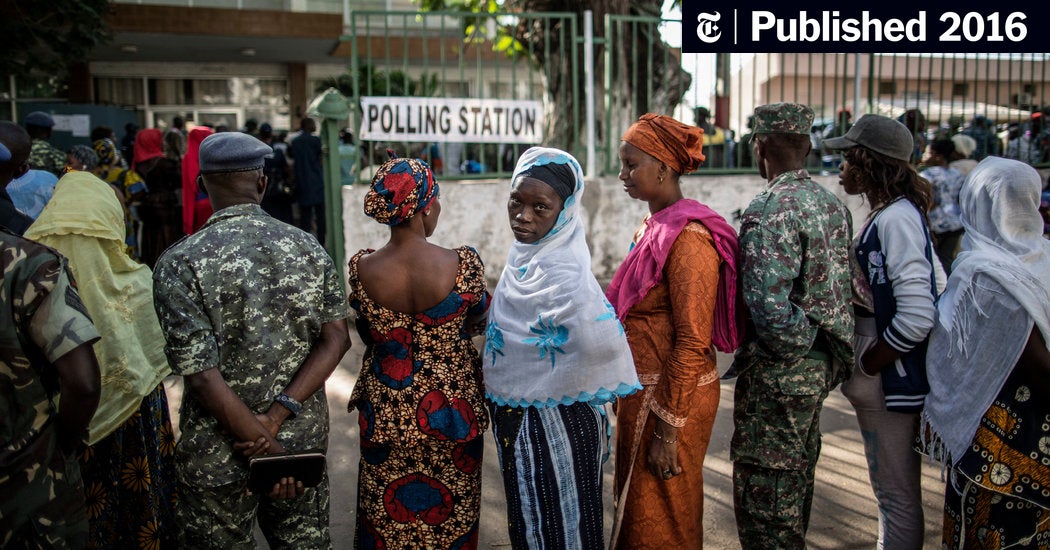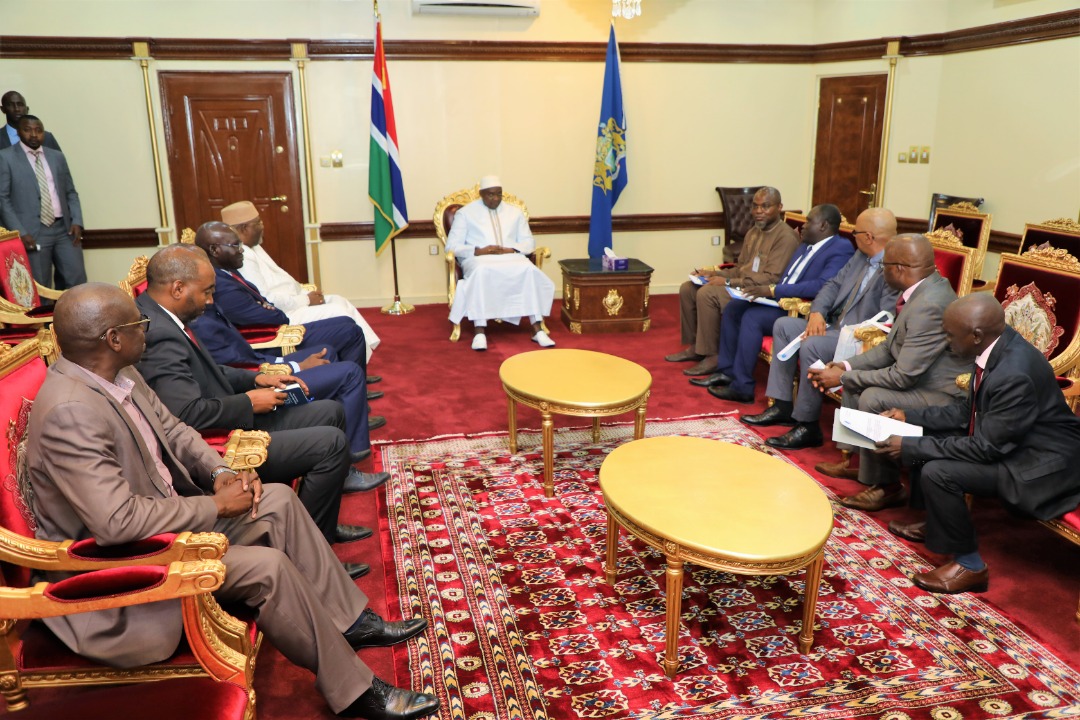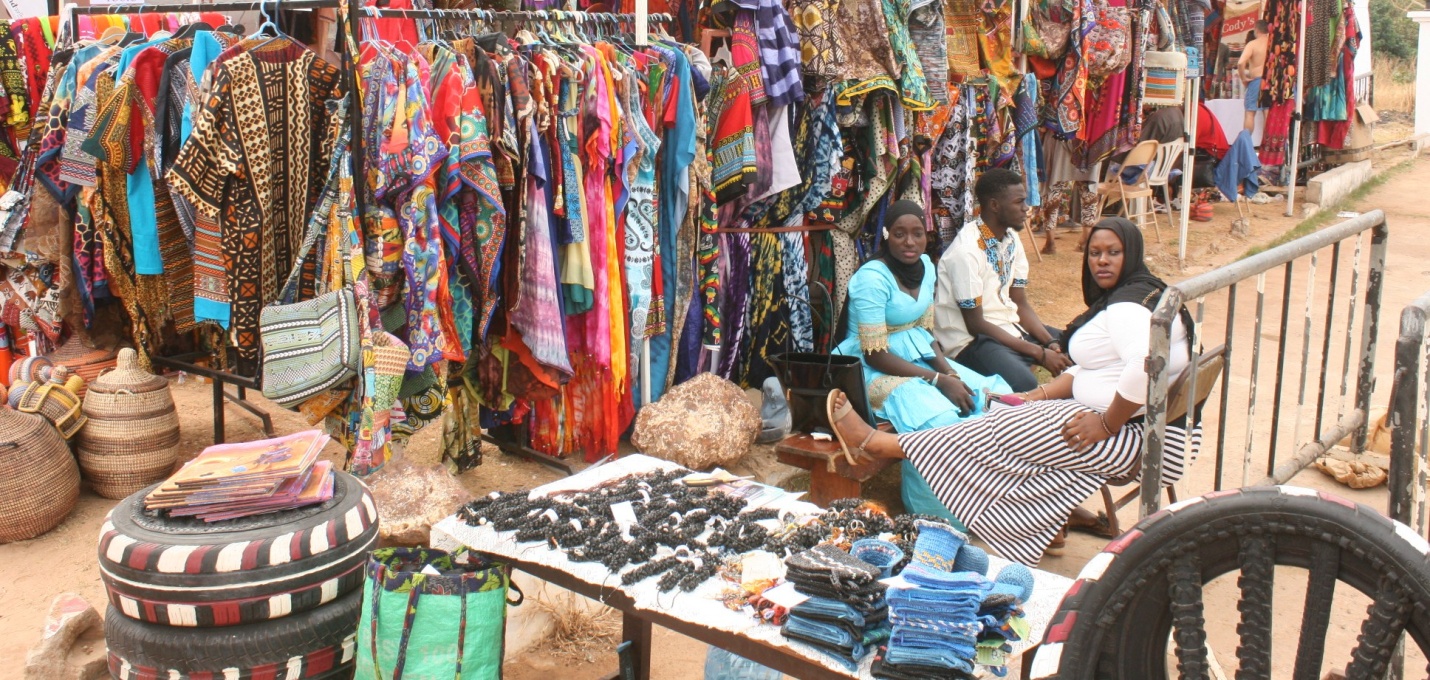The Center for Policy, Research and Strategic Studies (CepRass) report revealed that the Saturday April 9 Parliamentary Elections likelihood of voting in the election is high, the poll results show that it will not be as high as in the presidential election.
Post-Election Opinion Poll Survey 2022 was conducted by Mr. Lamin Dampha, Mr. Yusupha F.J Dibba,Dr. Hamidou Jawara and Dr. Mustapha Jobarte also noted that voter apathy in the NA election is likely to still remain.
According to the report, the majority of the respondents included in the poll still trust the ability of the Independent Electoral Commission to organize free and fair elections.
“Most respondents (about 63%) were satisfied with IEC handling of the NA election nomination process. Furthermore, there is high agreement among respondents that all candidates were treated fairly by the IEC during the nomination process.
Most respondents’ understanding of the role of NAMs is passing bills and bringing development projects to their constituencies, despite the latter not a constitutional mandate of NAM,” the report said.
The report stated that widening democracy and increased awareness are the leading reasons for more vying for NA elections according to the majority of respondents.
“Most respondents believe that more independent candidates are vying for NA elections because they have a different agenda (53%) and because of their egocentric nature (45%).
Most respondents view anticorruption legislature (78%) and constitutional amendments (64%) as the most critical issues that the sixth legislature should address,” the report pointed out.
The report added: “While the performance of the fifth legislature was rated as good by the majority of the respondents (45%), a substantial proportion of respondents (about 37%) reported that their performance was either poor or very poor.”
The report further said intention to vote for candidates in the NA election was analysed under three scenarios.
“In all the scenarios an NPP candidate leads on the intention to vote in the majority of the constituencies followed by UDP and NRP.
The other parties that have a candidate leading the intention to vote in at least a constituency are APRC, PDOIS, and PPP,” the report revealed.
However, in most of the constituencies the proportion of respondents not disclosing their intention to vote (i.e., said is a secret) was very high. Hence, the results on the intention to vote must be interpreted with such caveats in mind.





